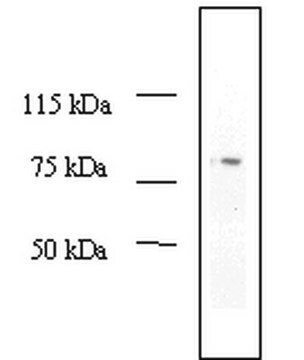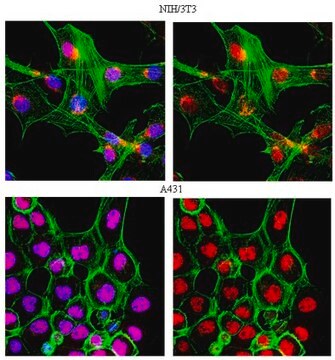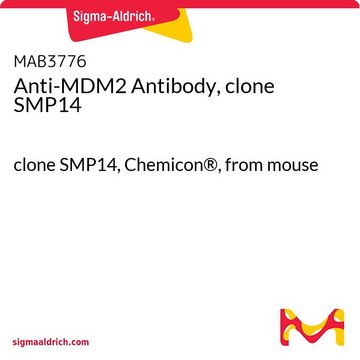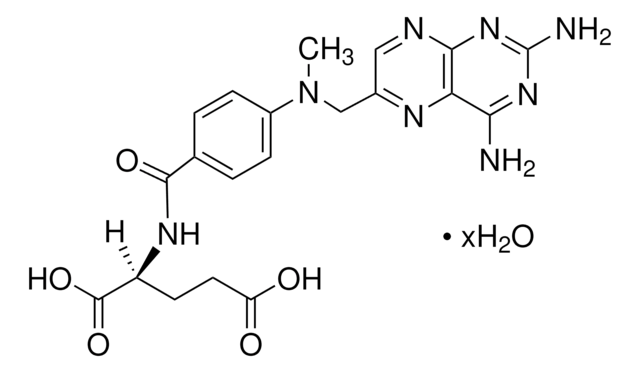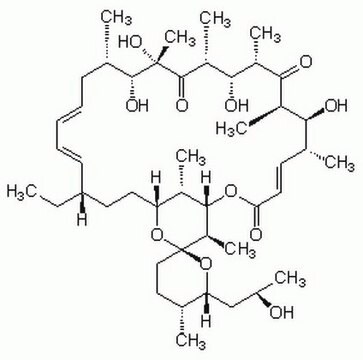OP143
Anti-MDM2 (Ab-3) Mouse mAb (4B11)
liquid, clone 4B11, Calbiochem®
Sinónimos:
Anti-Ubiquitin Protein Ligase, Anti-p53 Binding Protein, Anti-Murine Double Minute Chromosome-2
About This Item
Productos recomendados
biological source
mouse
Quality Level
antibody form
purified antibody
antibody product type
primary antibodies
clone
4B11, monoclonal
form
liquid
does not contain
preservative
species reactivity
mouse, human
manufacturer/tradename
Calbiochem®
storage condition
OK to freeze
avoid repeated freeze/thaw cycles
isotype
IgG2a
shipped in
wet ice
storage temp.
−20°C
target post-translational modification
unmodified
Gene Information
human ... MDM2(4193)
mouse ... Mdm2(17246)
General description
Immunogen
Application
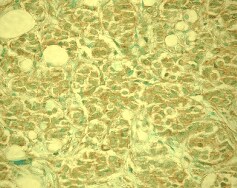
Immunoblotting (2 g/ml, chemiluminescence)
Immunofluorescence (1 g/ml)
Immunoprecipitation (1 g/reaction)
Paraffin Sections (2.5 g/ml, heat pre-treatment required)
Packaging
Warning
Physical form
Reconstitution
Analysis Note
A549 cells
Other Notes
Barak, Y., et al. 1993. EMBO. J.12, 461.
Ladanyi, M., et al. 1993. Cancer Res.53, 16.
Leach, F. S., et al. 1993. Cancer Res.53, 2231.
Oliner, J. D., et al. 1993. Nature362, 857.
Momand, J., et al. 1992. Cell69, 1237.
Oliner, J. D., et al. 1992. Nature358, 80.
Fakharzadeh, S. S., et al. 1991. EMBO. J.10, 1565.
Legal Information
¿No encuentra el producto adecuado?
Pruebe nuestro Herramienta de selección de productos.
Storage Class
10 - Combustible liquids
wgk_germany
WGK 3
Certificados de análisis (COA)
Busque Certificados de análisis (COA) introduciendo el número de lote del producto. Los números de lote se encuentran en la etiqueta del producto después de las palabras «Lot» o «Batch»
¿Ya tiene este producto?
Encuentre la documentación para los productos que ha comprado recientemente en la Biblioteca de documentos.
Nuestro equipo de científicos tiene experiencia en todas las áreas de investigación: Ciencias de la vida, Ciencia de los materiales, Síntesis química, Cromatografía, Analítica y muchas otras.
Póngase en contacto con el Servicio técnico